People
-
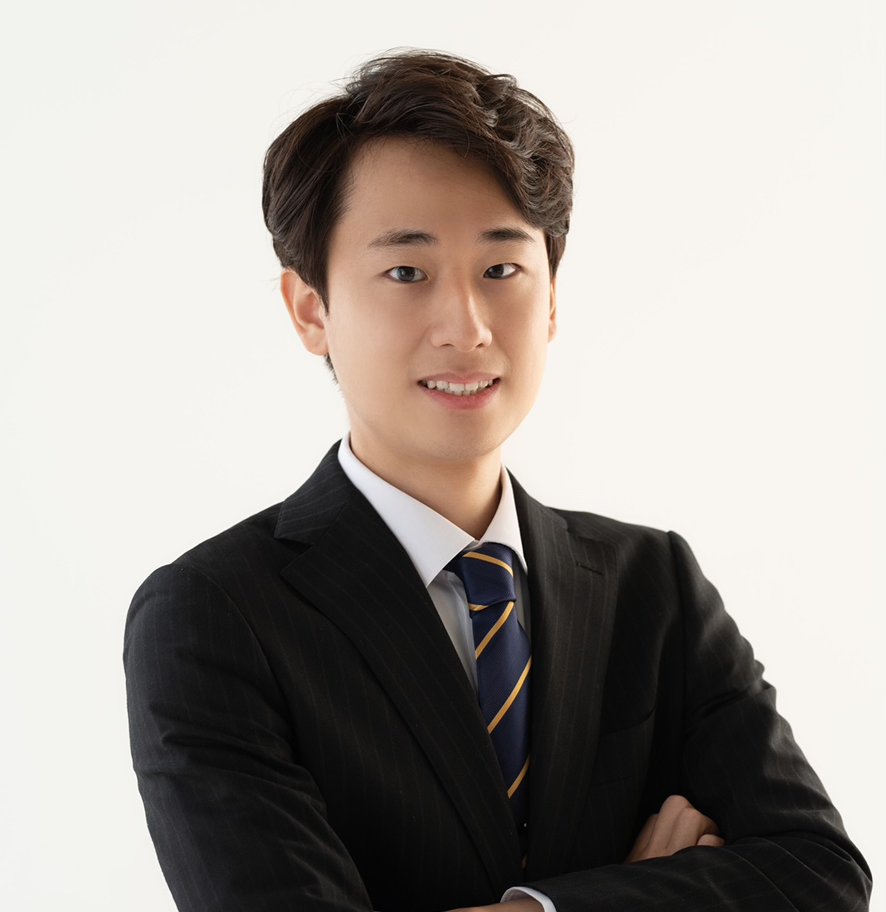 Ji-Soo Sim Master's Student
Ji-Soo Sim Master's Student- ICT4D in Education
- International Development Cooperation
- Gap reduction in education
- Primary & Secondary Education
- SDG 4
- B.P.S., Political Science and International Relations, Korea University, 2020
- B.A., Political Science, Waseda University, 2020
- B.A., French Language and Literature, Korea University, 2020
Publication심지수 (2022). 인공지능과 교육불평등: 학교도 공부도 너무 버거운 너에게 (Artificial Intelligence and the Inequality of Education: Dear you, struggling with schoolwork). 과학뒤켠 (Behind Sciences) Vol.13.
Sim, J.-S. (2022). Prospect of Post-COVID Education: From a South Korean Case. Asia Pacific Perspectives 2022(1). Taipei: CTPECC. pp. 7-11.
심지수 (2021). 감히 문과생이 과학 한다는 것 (Daring to do science as a liberal arts student). 과학뒤켠 (Behind Sciences) Vol.11.
Ji-Soo marches for the world where every child and youth has an equal opportunity of education. During his undergraduate studies on international relations, Ji-Soo completed several internships at the organizations related to international development and cooperation, including United Nations Population Fund (UNFPA) and Korea International Cooperation Agency (KOICA). Integrating his studies and various experiences, Ji-Soo became giving attention to reducing educational gap and the effective implementation of related governance on a global level. At STP, he is concentrating on the field of ICT4D and seeking an intersecting point of technology and policy for a better education.
-
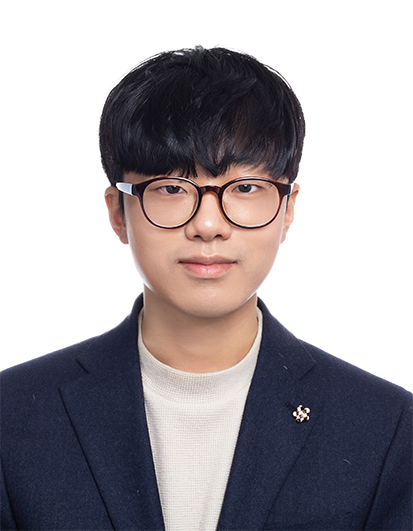 Wan Hong Master's Student
Wan Hong Master's Student- Accessibility
- Digital Divide
- AI Ethics
- B.S., School of Computing, KAIST, 2023
Wan possesses a computer science background and played an active role in the Student & Minority Human Rights Committee (HRC) during his undergraduate studies. His interests encompass a variety of accessibility aspects, spanning mobility, ICT technology, and AI research. Wan's goals include the exploration of untapped data sources to uncover and tackle accessibility issues. His objectives involve ensuring precise data representation for older adults and individuals with disabilities within AI systems. He is also intrigued by AI's potential to diminish accessibility barriers.
-
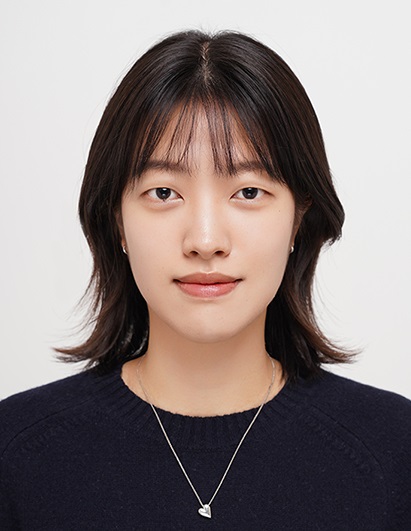 Minkyeong Kang (Bri) Master's Student
Minkyeong Kang (Bri) Master's Student- Disability STS
- Crip Technoscience
- Feminism
- Social Minorities
- Researcher, Samsung BIOEPIS, 2022-2023
- B.S., Seoul National University of Science and Technology, 2022
Minkyeong is interested in those(who) are excluded from science and technology and aims to reconstruct science and technology by paying attention to them. She is interested in how assistive technologies and policies for disabled people have gaps with actual users and how such gaps are structured and resolved. She is also interested in abortion (through drugs and surgery) and policies and how technology is being applied and developed in the absence of relevant legislation (currently in Korea).
-
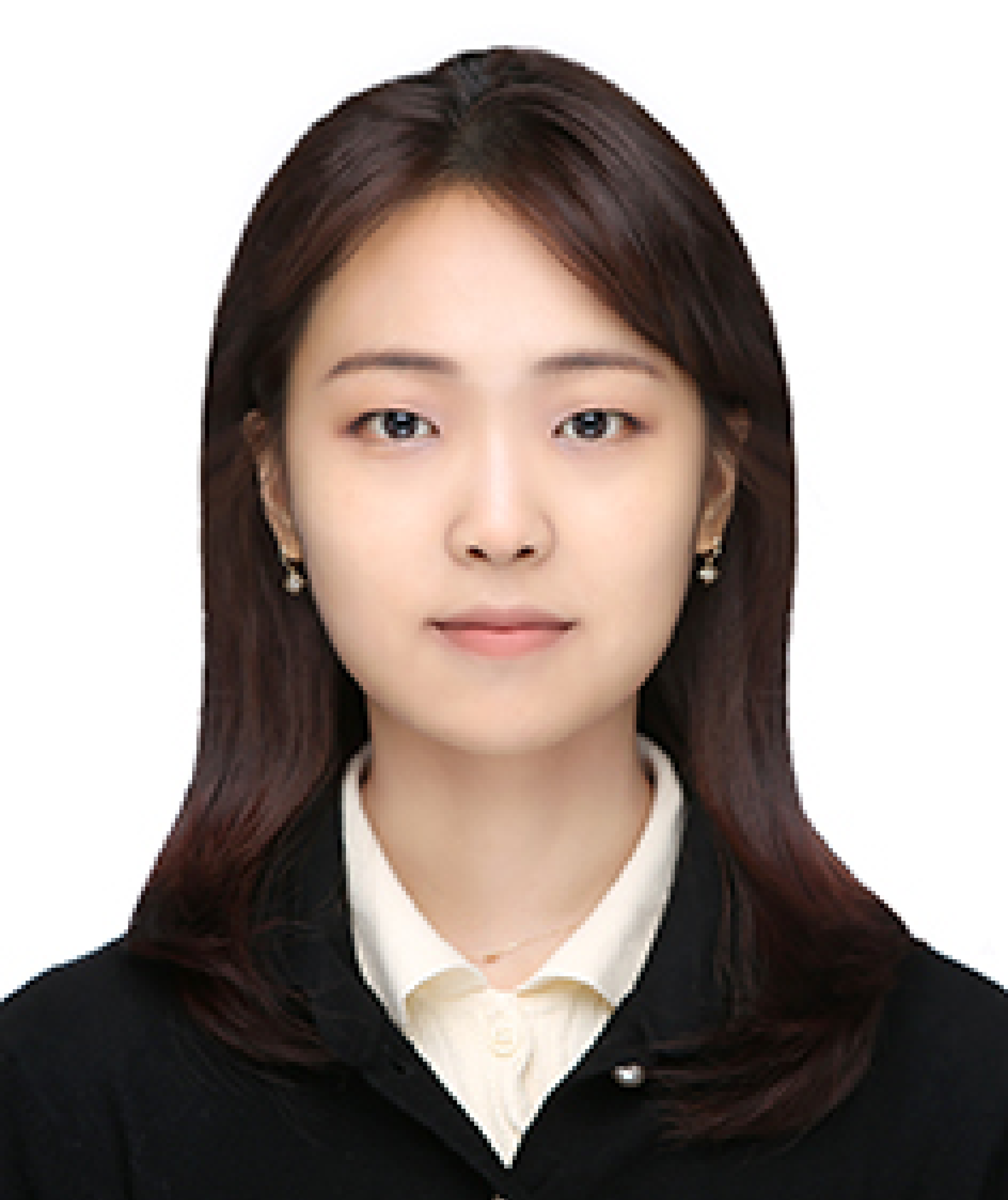 Kyungbin Kelly Koh Master's Student
Kyungbin Kelly Koh Master's Student- History of Science
- Technological Utopianism & Dystopianism
- Anthropocene
- B.S., Transdisciplinary Studies with a Specialty in Chemical Biology (Minor in Science and Technology Policy), KAIST, 2024
I am interested in understanding how the production of scientific knowledge evolves together with various components of society, including ideas, values, systems, and laws. I love exploring scientific and technological visions in both utopian and dystopian literature and films, as well as looking into challenges at the intersection of science, technology, and society.
-
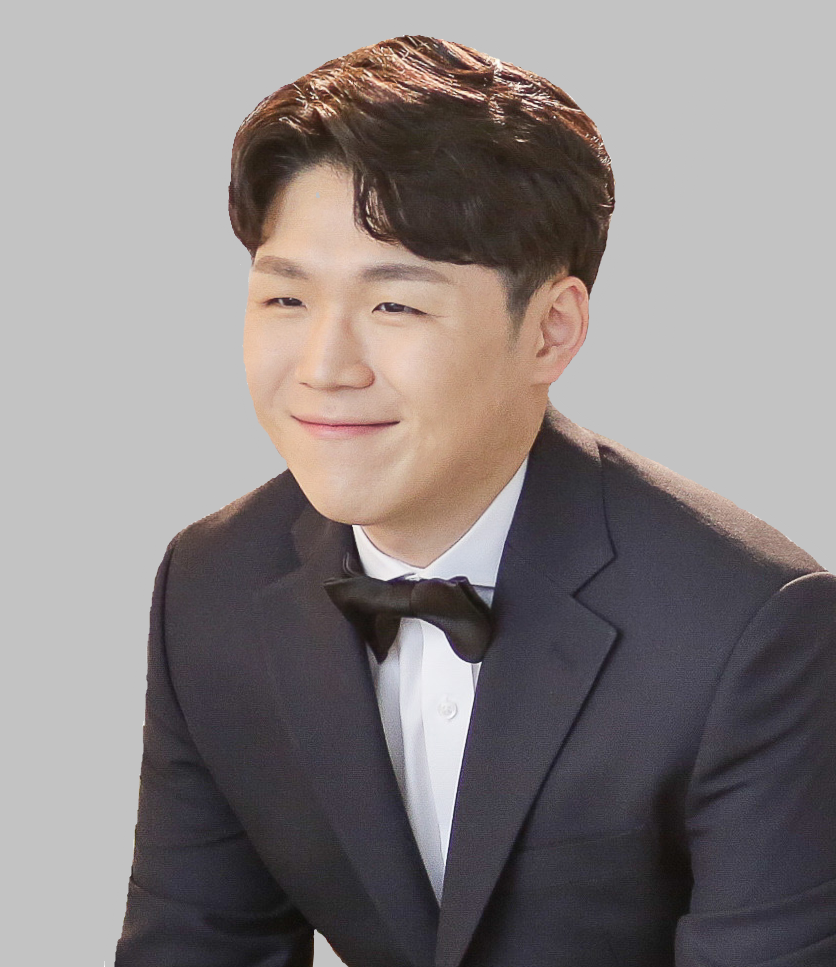 Dong-wook Derrick Kim Master's Student
Dong-wook Derrick Kim Master's Student- Philosophy of Biology
- Biotechnology Governance
- Bioethics
- Environmental Ethics
- Researcher, 3billion, 2021~2024
- Researcher, G+FLAS Life Sciences, 2018~2021
- Ph.D. candidate, Biological Sciences, Seoul National University, 2021
- B.S., Biological Sciences, Seoul National University, 2018
PublicationDhong-Gun Won, Dong-Wook Kim, Junwoo Woo, & Kyoungyeul Lee. (2021). 3Cnet: Pathogenicity prediction of human variants using multitask learning with evolutionary constraints. Bioinformatics, 37(24), 4626–4634.
Han Seong Kim, Dong-wook Kim, Sungjin Kim, & Sunghwa Choe. (2022). Biochemical characterization of the two novel mgCas12a proteins from the human gut metagenome. Scientific Reports, 12(1), 20587
Dong-wook Derrick Kim received a bachelor's degree in biological sciences with a minor in religious studies due to his interest in ecology and evolutionary biology. He completed a combined master's and doctoral program in a biotechnology laboratory developing CRISPR protein with bioinformatics methodology. He has three years of experience working as a R&D researcher in a biotechnology startup focusing on genome editing for plant breeding and another three years in an IT startup developing AI software for rare disease diagnosis. Currently, he is interested in studying how the ontology and epistemology of biological sciences interact with human society and history in the context of the biotechnological developments and climate change.
-
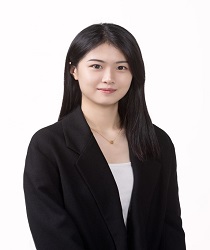 Myeong Kim Master's Student
Myeong Kim Master's Student- Science and technology ethics
- Social inequality
- AI ethics
- AI literacy
- B.A., Sociology, University of Melbourne, 2021
Myeong studied Sociology at the University of Melbourne and completed an internship at KakaoEnterprise. Through these experiences, she decided to deepen her understanding of the relationship between society and technology. She is particularly interested in AI ethics and AI literacy. At STP, she hopes to explore various aspects of social inequalities derived from the development of technology.
-
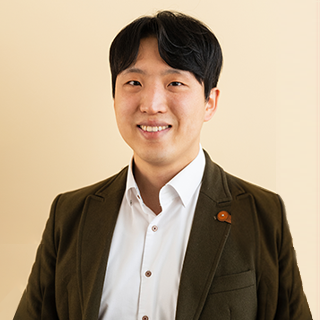 Minseong Kim Master's Student
Minseong Kim Master's Student- Anthropocene
- Climate Change
- Carbon Neutrality
- International Politics
- B.S., Chemistry, KAIST, 2017
PublicationShimono, R. & Kim, M. S. (2021). Baraneun Bada, Nozomi no Umi: on the way to mitigate marine plastic pollution in Korea and Japan. 과학뒤켠 (Behind Sciences) Vol.12.
Minseong studied chemistry as an undergraduate and was in charge of PET film development at the SKC R&D Center. He is interested in climate crisis issues and trying to deeply consider the political and economic changes that will be accompanied by response to climate crisis . He believes that it is important to form a discourse in academia regarding policies that can be implemented by governments around the world and the private sector in an integrated manner. He aims to find methodological tools that enable alternative exploration of current capitalism and democracy based on fossil fuels. Research keywords are Anthropocene, carbon neutrality, and international politics, which are provisional and will be expanded according to future works.
-
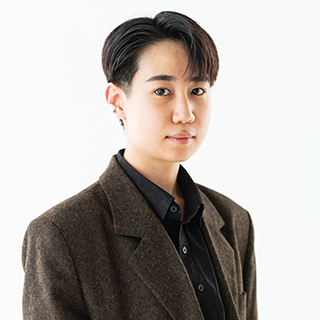 Jerry Kim Master's Student
Jerry Kim Master's Student- Workers in nuclear industry
- Anthropocene
- Environmental crisis
- Social minorities
- B.A., French Language and Literature, Sungkyunkwan University, 2021
- B.P.S., Political Science and Diplomacy, Sungkyunkwan University, 2021
- B.S., Mechanical Engineering, Sungkyunkwan University, 2021
Jerry's primary interest is the aspects of social and environmental change driven by human activity. Recently, she has been concerned with the under-represented minorities in society, including women, sexual minorities, animals and neurodiversity. She is particularly preoccupied with workers who are not adequately protected from the drastic changes in the working conditions caused by technological advancement. Perceiving that we have entered a new epoch, Anthropocene, she takes the environmental crisis seriously. Thus, in STP, her goal is to advance the discussion of a viable future for all.
-
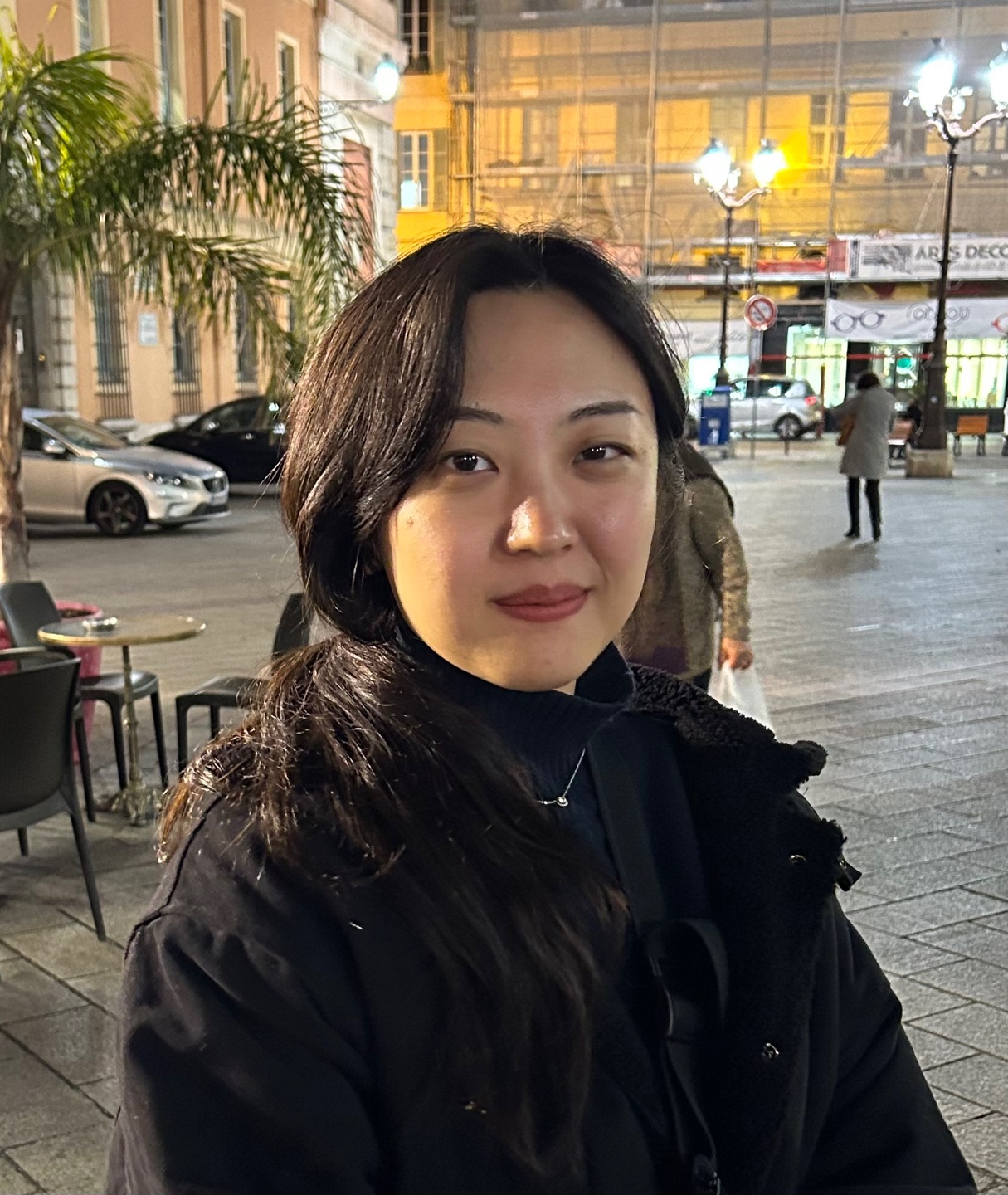 Seohyeon Park Master's Student
Seohyeon Park Master's Student- S&T governance
- Scientific Community
- Public Understanding of S&T and Citizen Participation
- R&D Goal Setting and Impact Assessment
- S&T Workforce Policy
- M.A., Economics, Seoul National University, 2020
- B.S., Economics, Social Policy (Self-designed Major) Chung-Ang University, 2017
PublicationSeoHyeon Park, JongSeok Oh (2022), "The Effect of Public R&D Support Program on the Performance of Small and Medium Enterprises," Journal of Innovation Cluster, 13(1), 158-178.
SeongTae Kim, SeoHyeon Park, Seaho Son, JongSeok Oh (2021), "An Analysis of Employment Effect of the Introduction of Wage Peak System," Journal of Economics Studies, 39(4), 183-200.
Seohyeon holds Bachelor's and Master's degrees in Economics and is deeply interested in various topics such as science and technology governance, the scientific community, public understanding of science and technology and citizen participation. Seohyeon aims to explore how stakeholders within the science and technology ecosystem coordinate and evolve their functions and roles through conflicts and cooperation around science and technology issues. Additionally, Seohyeon is keen on examining the science and technology agendas and R&D objectives that emerge from these processes, as well as the impact assessment based on these objectives.
-
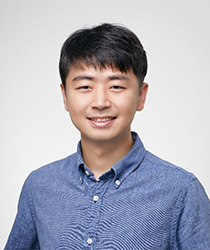 Euibeom Son Master's Student
Euibeom Son Master's Student- Science and Society
- Risk Perception
- Risk Communication
- Public Participation
- B.S., Materials Science and Engineering (Minor in Science and Technology Policy), KAIST, 2022
Euibeom is interested in the public perception of science and technology. In particular, he focuses on the mechanism that scientific claims gain or lose credibility in conflicts over vaccines, nuclear power plants, and climate crisis. He hopes to understand various risks that are increasingly globalized and politicized, and to think about how to engage the public in the decision-making process.
-
 Neul Oh Master's Student
Neul Oh Master's Student- Marginalization
- diversity
- social minorities
- Equality
- M.S., Graduate School of Culture Technology, KAIST, 2021
- B.S., Industrial Design (Minor in Culture Technology), KAIST, 2018
Oh Neul studied user-centered design approach while in undergraduate. The question whether such design is fair led Neul to experiment the supposedly state-of-the-art YouTube algorithms during the Master's program. Neul wishes to explore how sophisticated technology, including, but not limited to, artificial intelligence, may aggravate underrepresentation of socially and structurally disadvantaged minorities and to study ways to support the often unheard voices to finally be heard in the society.
-
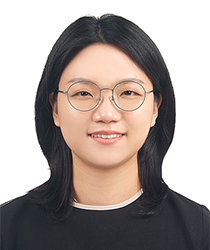 Yunji Woo Master's Student
Yunji Woo Master's Student- Aerospace industry
- UAM
- AI
- Big data
- B.S. Aerospace Engineering, Minor in Science and Technology Policy, KAIST, 2019
Yunji studied aerospace engineering in undergraduate school, and started career as an aircraft engineer in Korean Air. She contributed to field engineering by carrying out US Airforce maintenance programs as a liaison engineer, and currently developing AI software to utilize on aircraft platforms. Yunji could bring about how policy and emerging technologies evolved, especially in the aerospace industry. She hopes to understand the direction of national policy and institutional consensus.
-
Seohee Yoon Master's Student
- Development Cooperation
- SDGs and Post-SDGs
- STI∙ICT ODA
- STI4SDGs
- Africa
- Researcher, Division of Global Innovation Strategy, Science and Technology Policy Institute, 2020~
- Project Coordinator, UNFPA(UN Foundation for Population) Cote d’Ivoire, 2017~2018
- M.A., Global Economy and Strategy in Int. Trade & Economic Development, and Int. Development Cooperation, Graduate School of International Studies, Yonsei University, 2018
- B.A., Art Studies, Hong-ik University, 2015
Drawing from her hands-on experience in ODA projects in Africa, including Ivory Coast and Ghana, Seohee is actively exploring the role of science, technology, and ICT in the sustainable development of developing nations. She aims to contribute to the establishment of a policy framework for STI∙ICT ODA. Furthermore, Seohee has a keen interest in policy research regarding the impact of international dialogue on AI ethics and open science, given the rapid advancement of science and ICT technologies, and how these discussions would affect developing countries and Korea's strategic stance.
-
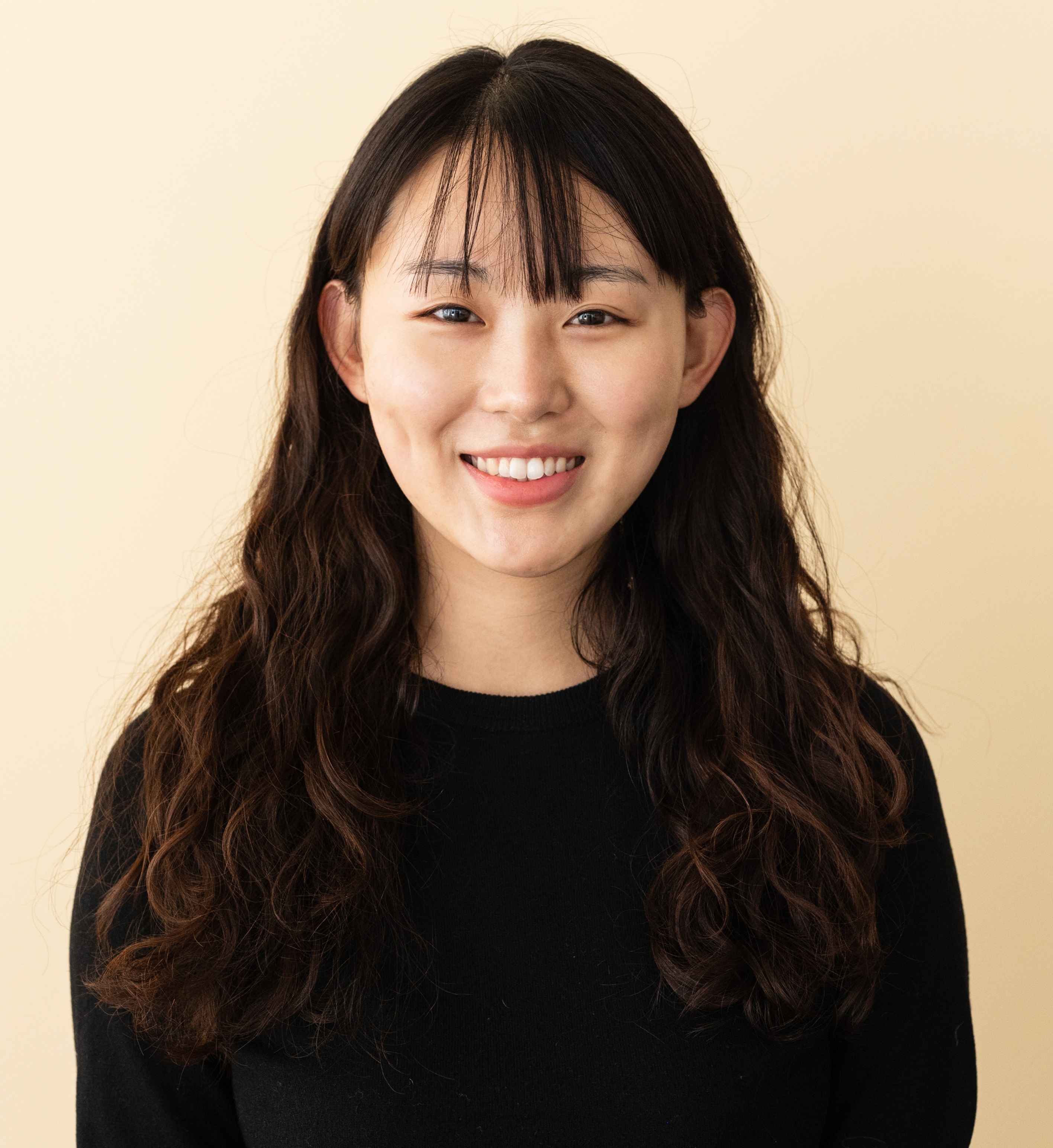 Jieun Lee Master's Student
Jieun Lee Master's Student- Maritime policy
- Maritime environment
- Maritime safety
- Maritime pollution prevention
- M.A., English Education, Hankuk University of Foreign Studies, 2020
- B.Eng., Maritime Safety Policy, Korea Maritime and Ocean University, 2017
Jieun is currently working for a quasi-government organization as a research associate, specializing in maritime safety policy and environment. Since working in the maritime public sector for more than six years, she keeps questioning about a sustainable approach to enrich people’s lives and society through overcoming regulatory and technical hurdles in matters concerning maritime safety and prevention of marine pollution. After much contemplation based on her experiences in this field, Jieun reached to the conclusion that public policy is the basic but principal factor for the realization of all-above. In STP, her goal is to navigate the possible public policies for the regulation of greenhouse gas emissions from coastal ships in Korea’s context. Furthermore, she is also interested in strengthening international cooperation ties between the countries.
-
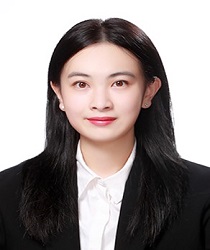 Eunsong Jo Master's Student
Eunsong Jo Master's Student- Data Lifecycle
- Artificial Intelligence
- Data Protection
- Privacy
- E-government
- B.A., Computer Science, KAIST, 2022
Eunsong majored in computer science and has encountered artificial intelligence technologies used in data processing, while being aware of the infringement of data subjects’ rights and personal information throughout the data lifecycle. Through her experience in the public sector, Eunsong has developed an interest in social problems such as personal privacy infringements and digital inequality, which contradict the efficiency of automated data acquisition and processing during administrative processes. In STP, her goal is to explore the conflict of individual rights with state power in the public sector including e-government, while seeking ways to create a society that ensures the activeness and rights of individuals despite the advancement of technology and the emergency of new technologies.
-
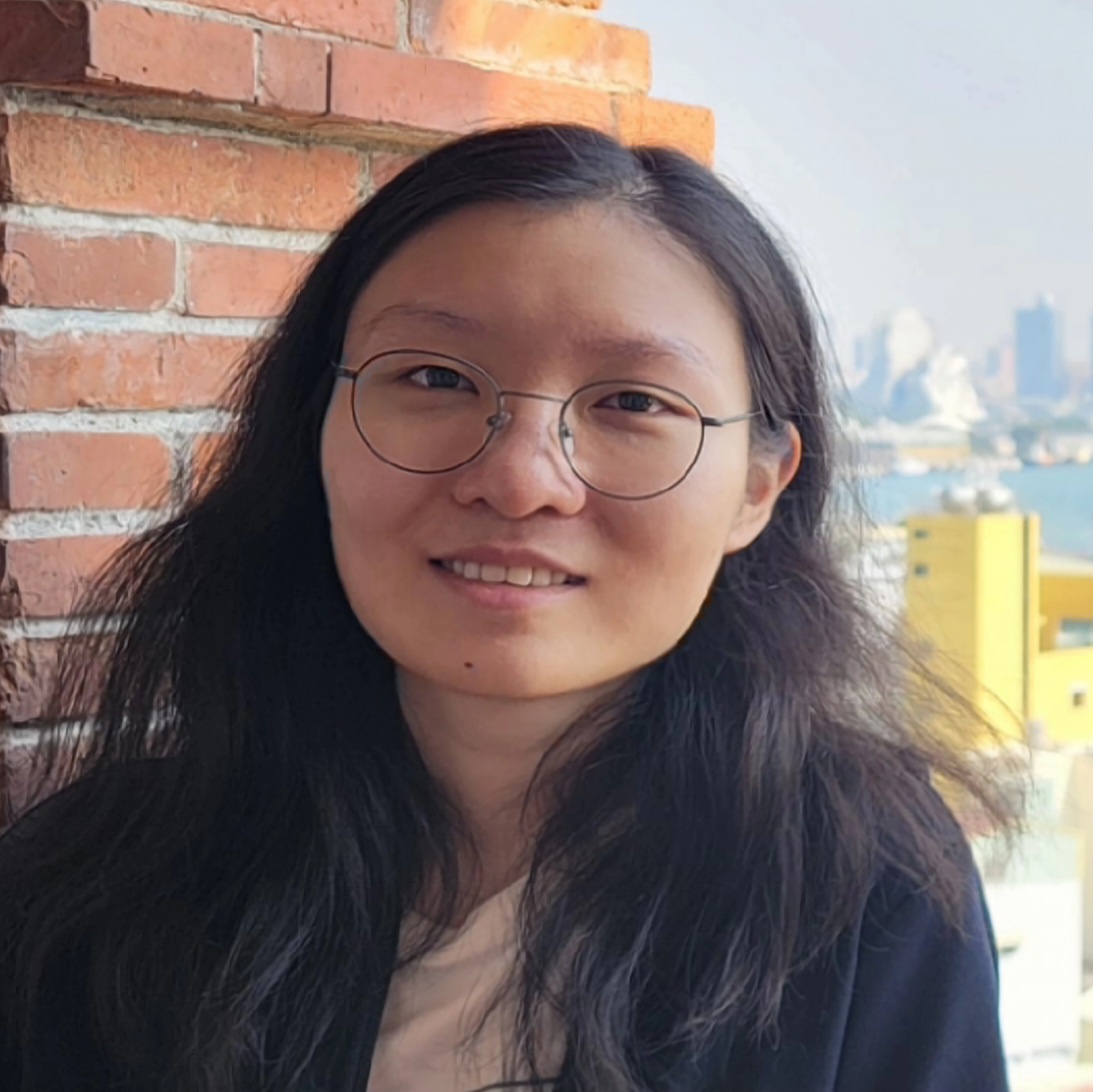 Yookyung Chin Master's Student
Yookyung Chin Master's Student- Climate change
- Transportation
- AI policy
- B.S., Biological Sciences, KAIST, 2024
Yookyung majored in biological sciences at KAIST, but she is keen to study more about the interaction between science technology and policy. She is interested in the field of transportation policy and automobile technology. She aims to investigate how such policies about emerging technology could affect society and as well as the current environmental crisis.
-
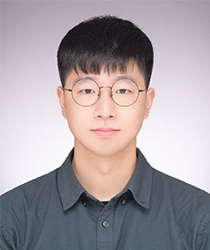 SeungChan Choi Master's Student
SeungChan Choi Master's Student- Social Infrastructure
- Geopolitics
- Network
- Network Development History
- Network and society
- B.S., Computer Science (Minor in Science and Technology Policy), KAIST, 2022
SeungChan aims to understand social infrastructure as a new artificial geopolitical element. Especially, he is interested in the network, communication infrastructure which was built after the industrial revolution. In the case of Korea, this targets the history after liberation. He had several chances to learn the history about the development process of Internet in Korea. He has questions about what role do companies and countries play in the development of social infrastructure.
-
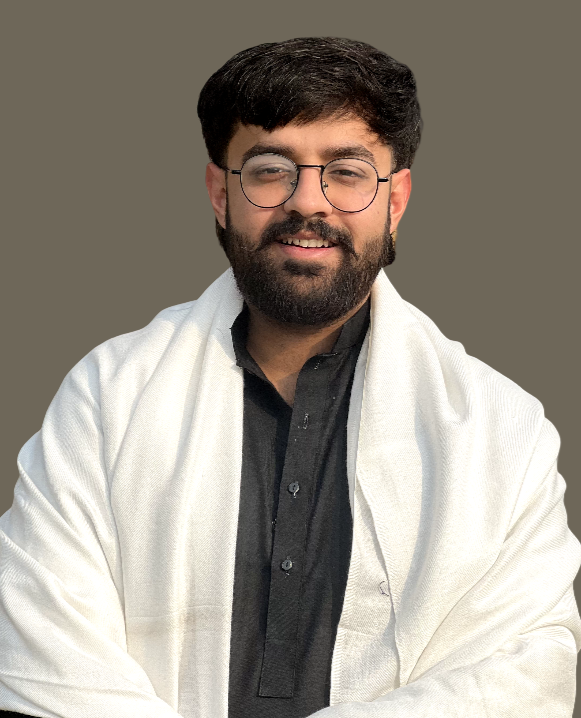 Ahmad Bin Aamir Master's Student
Ahmad Bin Aamir Master's Student- Public Policy
- Digital Governance
- Inclusive Governance & Civic Engagement
- Technology for everyone (Tech4All)
- B.S., Public Administration, NUST Islamabad, Pakistan, 2022
Ahmad Holds a bachelor’s degree in Public Administration. His research interests include public policy, digital governance, inclusive governance and civic engagement, technology for everyone (Tech4All). He is interested in the policy making of more inclusive, digital and science & technology policies that help in making the society more integrated, digitalized and technology friendly.
-
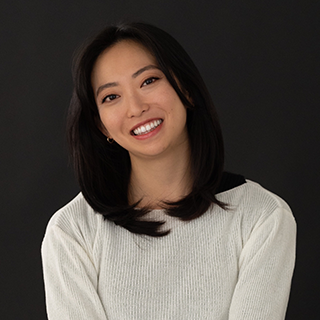 Taylor De Rosa Master's Student
Taylor De Rosa Master's Student- AI fairness
- Machine learning
- Data privacy
- Social inequality
- Social justice
- B.S. Computer Science, Brown University, 2016
PublicationStanfield, E. and De Rosa, T. (2022). Families First?: A Cross-cultural comparison of paid parental and medical leave policy in South Korea and the United States. 과학뒤켠 (Behind Sciences) Vol.13.
Taylor is interested in the intersection of technology and social inequality as well as the ways in which emerging technologies are deployed and governed. Leading a social impact software development team at Zillow in Seattle, WA, Taylor worked on projects related to web accessibility, homelessness and welfare programs. Through these experiences, she gained interest in how technology impacts marginalized communities and the relationship between private, government, and nonprofit actors. While at STP, she hopes to deepen her understanding of how culture, policy, and society guide technology development and accessibility.
-
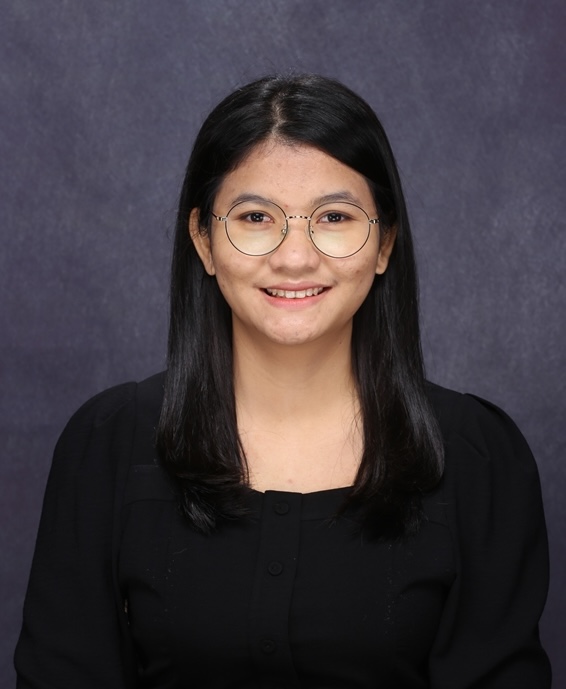 LEN, SREYORN Master's Student
LEN, SREYORN Master's Student- Women in Science and Technology
- Inequality
- Social Justice
- B.S. Computer Engineering, INHA University, 2023
Sreyorn’s interests lie in exploring gender disparity in Science and Technology with a focus on Women in Computer Science. With a background in computer science, she has gained experience in the field through internships and participation in different events. Experiencing the gender disparity and lack of women participation in such events inspired her to further explore this area with a goal to achieve social development and social justice through inclusive policies irrespective of Gender differences.
-
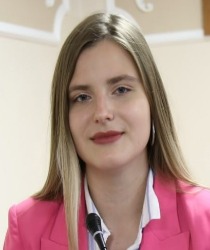 Anastasiia Kulikova Master's Student
Anastasiia Kulikova Master's Student- Global and regional security issues
- nuclear policy of the P5 countries
- research at the intersection of science and diplomacy
- nonproliferation of nuclear weapons
- nuclear disarmament and peaceful us
- B.A., Institute of International Relations (International scientific, technological, industrial and commercial cooperation), 2023
PublicationKulikova A., Belikova V., (2021) CTBT: Science and Technology Conference 2021, P5.3-463 – MEPhI Science Diplomacy Club: Building Bridges (Book of Abstracts, page 307)
Kulikova A., Mutalov D., Murillo L. M., Elsabagh A. E. (2023) CTBT at the 2026 NPT Review Conference: Goals and Language, CYG-CENESS Research Fellowship Program (2022), A Collection of Fellowship Research Papers
During the completion of the bachelor’s degree Anastasiia held the position of coordinator of the student-led initiative “Science Diplomacy Club”. Previously, Anastasiia was also an Intern at PIR Center, where she participated in the preparation of such events as the PIR Center XXI International School on Global Security. Anastasiia also participated and performed during such international conferences as Moscow Nonproliferation Conference. She is currently an active member of the CTBTO Youth Group. Anastasiia is a graduate fellow of the CTBTO-CENESS Research Fellowship (2022), participated and performed during the CTBT: Science and Technology Conference (2021,2023)
-
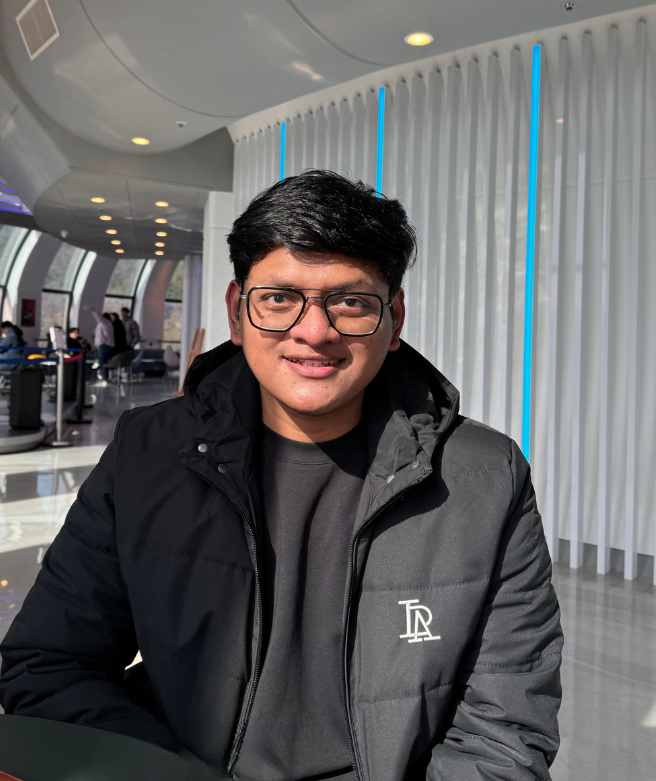 Sendy Achdika Maulana Master's Student
Sendy Achdika Maulana Master's Student- Digital Technology Policy
- Internet Governance
- Technology for Sustainability
- Technology Development
- Digital Connectivity Specialist, West Java Area, Telkom Indonesia, 2019~
- Product Assistant Engineer, Network Design & Bidding Dept., Huawei Tech Investment, 2017~2019
- B.Eng., Telecommunication Engineering, Telkom University, 2017
PublicationMaulana, S. A., Yovita, L. V., Wibowo, T. A. (2017). Impact of Cooling Schedule of SeeR: Simulated Annealing-based Routing in DTNs Vehicle-Based, The 1st International Conference on Satellite Technology (ICST) 2017 (pp.29-33). ISSN 2598-5965.
Dika is recently on a sabbatical to pursue his Master’s degree in STP KAIST. He works in the largest nation-owned telecommunication company in Indonesia, Telkom Indonesia, as a digital connectivity specialist. During his works, he is still concerned about how the internet can change society, how technology can be implemented inclusively and securely, and also create new opportunities to improve the lives of local societies. He found a lot of disparity in regulatory implementation, due to local autonomy and geo-cultural context, while he supervised the project of internet expansion in a part of West Java province in Indonesia. He realizes that policy studies are something to further be explored. He aims to combine the social studies of policy and the technical background he has to promote his works contributing to the ideals of the industry.
-
May Myat Thwe Master's Student
- ICT4SDG
- Digital Governance
- Digital Inequality
- Wellbeing
- System-of-Systems
- M.S., Computer Science, KAIST, 2022
- B.Sc., Computer Science (Honors), University of Yangon, 2018
PublicationMay Myat Thwe, Z. M. Belay, E. Jee and D. -H. Bae (2022). Cybersecurity Vulnerability Identification in System-of-Systems using Model-based Testing. 17th Annual System of Systems Engineering Conference (SOSE). pp. 317-322. doi: 10.1109/SOSE55472.2022.9812676
May Myat Thwe, Sangwon Hyun, Doo-Hwan Bae (2021. 06). Towards the Quality Assessment of Intelligent Transportation System of Systems using Edge Computing. Korea Computer Congress (KCC) 2021, Vol. 48, No. 1, pp. 163-165
May grew up in a developing country and worked in the nexlabs, a technology firm that provides digital solutions. During her study and work in Myanmar, she witnessed how ICT adoption and digital transformation in different sectors have the potential to speed up the development and economic growth of the nation. While doing her graduate program in Korea, May started giving attention to the digital divide between developing and developed countries and gained interest in how digital inclusion can be maximized through a cooperative effort between developing countries and international development organizations. She is now volunteering for Women in AI as a research lead in the Myanmar region. Integrating various experiences, she joined STP to deepen her understanding of the ICT for sustainable development, and the role of digital governance in policy making and service delivery for the SDGs.
-
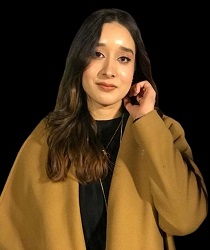 Minahir Shahid Qumar Aali Master's Student
Minahir Shahid Qumar Aali Master's Student- ICT4SDGs
- Digital Inclusion
- Sustainable and Informed Policy Making
- Rehabilitative Policy Making
- Social Justice
- Mental Health Awareness and Wellbeing
- Globalization
- B.S., Psychology, COMSATS University Islamabad, 2021
Minahir is intrigued by the exploration of using ICTs for Development (ICTs4D) to achieve sustainable development goals, particularly focusing on gender equality, good health and well-being, and peace and justice through ensuring digital inclusion. Her vision involves leveraging interdisciplinary research to drive future technological advancements in policy-making, aiming to contribute to inclusive and collaborative solutions for global challenges. Her Bachelor's degree research project delved into the realm of forensic psychology, aiming to comprehend the personalities and behaviors of sex offenders, highlighting the reformative approaches that could foster rehabilitative policy-making within the criminal justice system. Joining the Graduate School of Science and Technology Policy, Minahir is excited to further enrich her vision as a social scientist and embrace the diversity of global perspectives.

